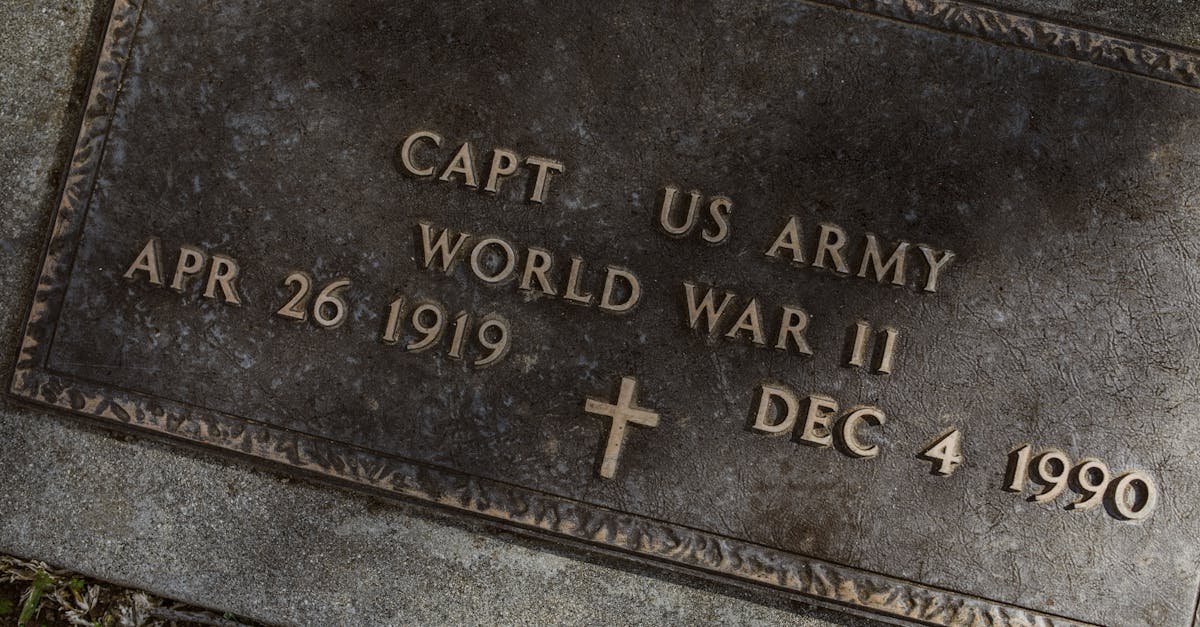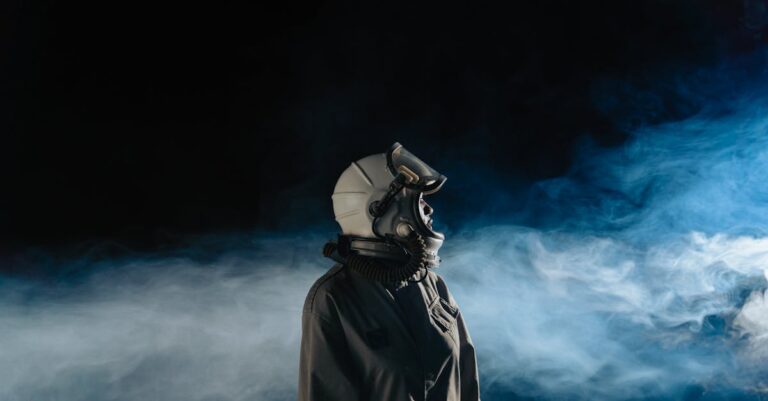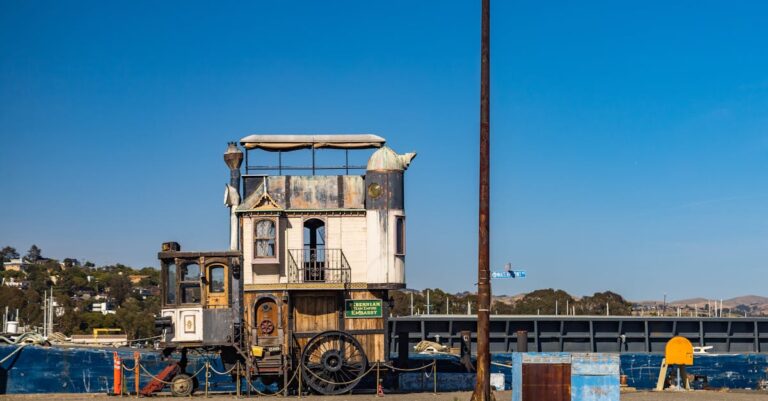
The air reeked of iron and burnt leather as Clara tightened the straps of her uniform, her fingers brushing against the cold steel of her bayonet. The campfires flickered in the distance, casting long shadows across the muddy field. She could still hear the echo of her brother’s voice, fractured by time and distance, urging her to find him. The war had taken everything—her father’s farm, her mother’s breath, and the quiet life she’d once known. Now, she moved through the chaos with a purpose that burned hotter than the sun beating down on her back.
The first time she saw him, he was kneeling in the dirt, his face obscured by the brim of his hat. Clara’s pulse hammered as she approached, her boots sinking into the mud. When he looked up, his eyes were the color of storm clouds, sharp and unyielding. “You’re not supposed to be here,” he said, his voice a low rumble that sent a shiver down her spine.
“I’m not asking for permission,” she shot back, her hand drifting to the hilt of her knife. The tension between them was a live wire, crackling with unspoken history. He studied her, his gaze lingering on the scar across her cheek—a mark she’d earned defending their home from raiders. “You’re still stubborn,” he muttered, shaking his head. “That’ll get you killed.”
Clara didn’t flinch. “And your silence will get us all killed.”
The camp erupted in chaos hours later. The enemy’s cannons roared, shaking the earth beneath their feet. Clara stumbled as the ground trembled, her ears ringing from the blast. Smoke choked the sky, turning the sun into a dim, reddish haze. She grabbed a rifle from a fallen soldier, her hands steady despite the chaos. Around her, men screamed, their voices blending with the clatter of steel and the stench of gunpowder.
“Cover me!” she shouted, ducking behind a pile of crates as bullets whizzed past. Her brother was somewhere in the fray, his face a blur among the mass of soldiers. She could feel his presence, a thread pulling her forward. A bullet grazed her arm, searing through her sleeve, but she kept moving. The war had taught her to ignore pain—only victory mattered.
When she found him, he was slumped against a tree, his uniform stained with blood. Clara dropped to her knees, her breath catching in her throat. “You idiot,” she whispered, brushing a hand over his face. His eyes were closed, his chest rising in shallow, uneven breaths. She fumbled for the med kit at her hip, her fingers trembling as she pressed a cloth against the wound. “Stay with me,” she pleaded, though she knew the words were hollow. The war had taken too much already.
The next morning, the camp was silent. Clara stood at the edge of the field, her boots soaked in mud and blood. The enemy had retreated, leaving behind a landscape of ruin. She glanced at the sky, where the sun pierced through the lingering smoke, casting long shadows across the dead. Her brother’s body lay beside her, his face peaceful in death. She closed his eyes, a single tear sliding down her cheek before she turned away.
The war ended months later, but the scars remained. Clara returned to her town, now a ghost of its former self. The fields were barren, the houses empty. She walked through the ruins, her hand resting on the hilt of her knife. The past was a heavy weight, but she carried it with pride. The war had changed her—she was no longer the girl who dreamed of love and peace. She was a survivor, forged in fire and blood.
Years later, when children asked about the war, Clara would sit by the fireplace, her stories laced with sorrow and defiance. She spoke of battles fought in the mud, of friends lost to bullets and disease, of a brother whose name she never forgot. The past was a wound that never fully healed, but it was also a part of her—a reminder of what she had endured and what she had become.


